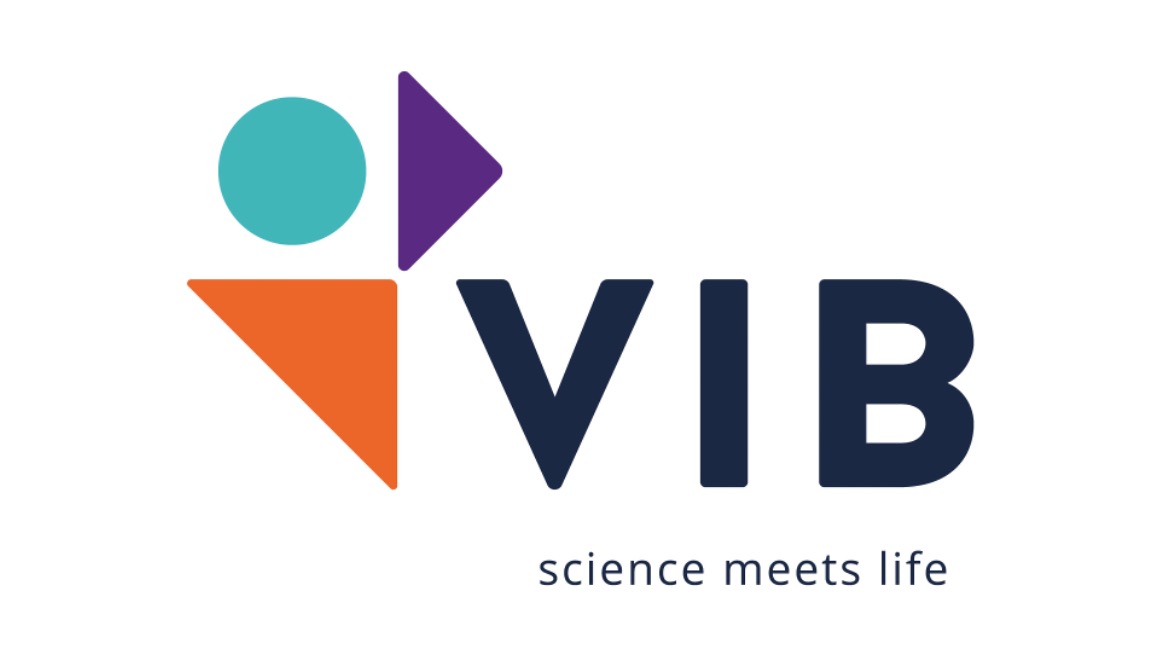Table of Contents
Hypothalamus Definition
Hypothalamus is a part of the brain, precisely the forebrain, which consist of nucleus, which is present between the midbrain and thalamus. It is the main part which regulates the autonomic nervous system and endocrine gland.
What is Hypothalamus?
The brain is the main center, which controls all the functions in humans and animals. Brain is an organ, which is associated with the nervous system. Human brain consists of three parts, forebrain also known as prosencephalon, midbrain also known as mesencephalon and the hind brain rhombencephalon.

Forebrain is further categorized into two parts, telencephalon and diencephalon. Within the forebrain’s diencephalon is the hypothalamus located. Between the midbrain and thalamus, hypothalamus is present.
Hypothalamus in humans is very small like the almond and consist of nucleus. Hypothalamus comprises of three regions the posterior, anterior and tuberal. Hypothalamus posterior region consist of lateral and medial areas. Within the medial region is the posterior nucleus and mammillary body and in the lateral area is the lateral nucleus posterior part.
Hypothalamus anterior region also consists of lateral and medial areas. The tuberal lateral nuclei and its tuberal part is present in lateral region. Hypothalamus nucleus is ventromedial and the nuclei is dorsomedial. Hypothalamus anterior region comprises of medial, lateral and preoptic areas. Preoptic nucleus is found in the preoptic area.
The anterior part of the hypothalamic nuclei consist of lateral preoptic nucleus, supraoptic nucleus of the lateral area. The hypothalamic nuclei present in the medial area are the anterior hypothalamic nucleus, supraoptic nucleus, medial preoptic nucleus, paraventricular nucleus and suprachiasmatic nucleus. For the autonomic nervous system, hypothalamus is the prime center. It is also called as endocrine gland.
Hypothalamic nuclei liberates certain hormone, which will exert its effect on the anterior pituitary gland, which will secrete hormone’s and have an impact on other organs and gland. There are hormones which are known as neurohypophysial hormones, which are produced from neurohypophysis axon terminal.
Hormone Produced by Hypothalamus
There are various types of hormone produced by hypothalamus, they are:
- Vasopressin: It is produced from neurosecretory cells of magnocellular and parvocellular of paraventricular nucleus. Production of ADH from the neurosecretory cells is also its function.
- Oxytocin: It is secreted from neurosecretory cells of magnocellular of paraventricular nucleus.
- Somatostatin: It is secreted from the neuroendocrine cells of periventricular nucleus.
- Gonadotropin releasing hormone: It is secreted from the preoptic area of neuroendocrine cells.
- Growth hormone releasing hormone: It is secreted from the arcuate nucleus of neuroendocrine nucleus.
- Dopamine: It is released from the arcuate nucleus of dopamine neurons.
- Corticotropin releasing hormone: It is secreted from paraventricular nucleus parvocellular neurosecretory cells.
- Thyrotropin releasing hormone: It is secreted from paraventricular nucleus parvocellular neurosecretory cells.
Hypothalamus Function
Various other activities in which the hypothalamus plays a role are:
- Hunger and thirst control
- Fatigue
- Osmoregulation
- Thermoregulation
- Circadian rhythms and regulation of sleep cycle
- Fat metabolism
- Blood sugar level regulation
- Controlling attachment behavior and parenting
Hypothalamus Citations
- The hypothalamus: anatomy and functions. Acta Psychiatr Belg . Jul-Aug 1980;80(4):364-75.
- Regulation and function of neurogenesis in the adult mammalian hypothalamus. Prog Neurobiol . 2018 Nov;170:53-66.
- Hypothalamus as an endocrine organ. Compr Physiol . 2015 Jan;5(1):217-53.
- Development of the Neuroendocrine Hypothalamus. Compr Physiol . 2016 Mar 15;6(2):623-43.
- Figures are created with BioRender.com







